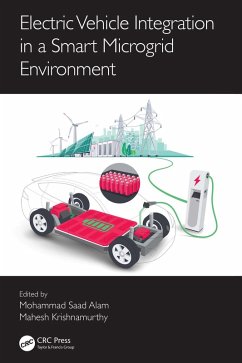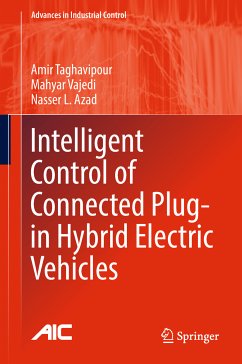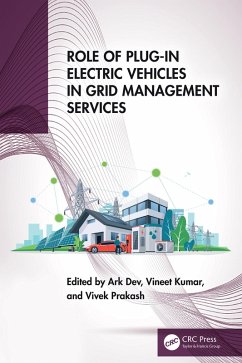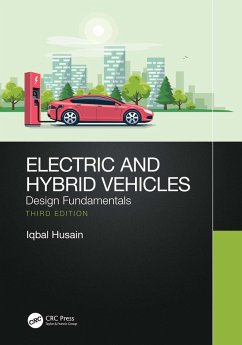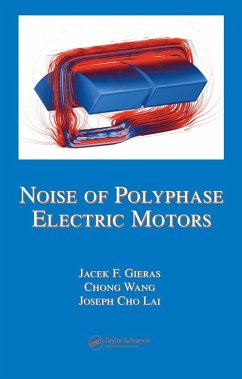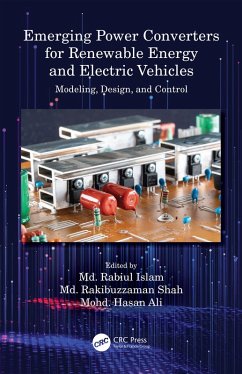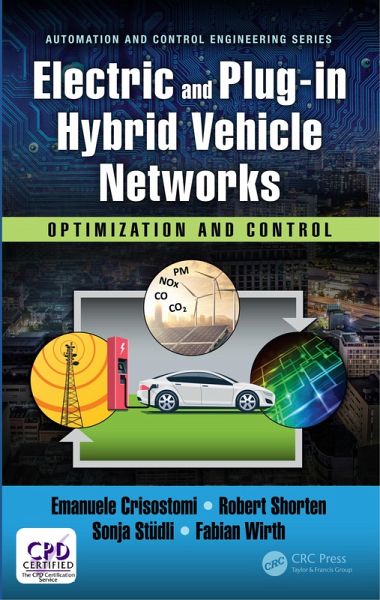
Electric and Plug-in Hybrid Vehicle Networks (eBook, PDF)
Optimization and Control

PAYBACK Punkte
26 °P sammeln!
This book explores the behavior of networks of electric and hybrid vehicles. The topics that are covered include: energy management issues for aggregates of plug-in vehicles; the design of sharing systems to support electro-mobility; context awareness in the operation of electric and hybrid vehicles, and the role that this plays in a Smart City context; and tools to test and design massively large-scale networks of such vehicles. The book also introduces new and interesting control problems that are becoming prevalent in the EV-PHEV's context, as well as identifying some open questions. A part...
This book explores the behavior of networks of electric and hybrid vehicles. The topics that are covered include: energy management issues for aggregates of plug-in vehicles; the design of sharing systems to support electro-mobility; context awareness in the operation of electric and hybrid vehicles, and the role that this plays in a Smart City context; and tools to test and design massively large-scale networks of such vehicles. The book also introduces new and interesting control problems that are becoming prevalent in the EV-PHEV's context, as well as identifying some open questions. A particular focus of the book is on the opportunities afforded by networked actuation possibilities in electric and hybrid vehicles, and the role that such actuation may play in air-quality and emissions management.
Dieser Download kann aus rechtlichen Gründen nur mit Rechnungsadresse in A, B, BG, CY, CZ, D, DK, EW, E, FIN, F, GR, HR, H, IRL, I, LT, L, LR, M, NL, PL, P, R, S, SLO, SK ausgeliefert werden.




